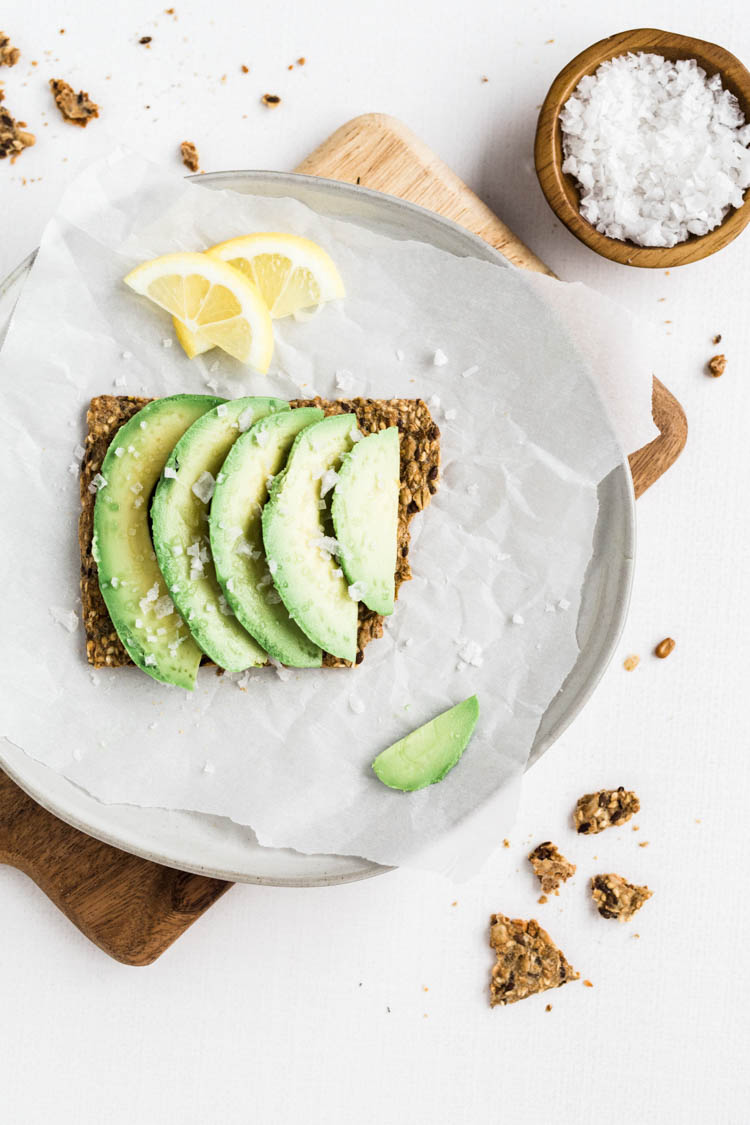
Going vegan is a health and lifestyle trend that is majorly on the rise these days. But what is being vegan, exactly?
Why do people go vegan? Many people see veganism as a way to improve their health through the consumption of more plant-based foods. Others are inspired to go vegan for ethical reasons or a concern for the environment (especially when it comes to greenhouse gas emissions).
What do vegans eat? What’s off the dinner table? Is being vegan even good for you? We’re about to talk about all of that and much more.
While I personally don’t follow strict diet labels, incorporating vegan meals into my eating plan is definitely something I do. Whether you’re like me and consider yourself “part-time vegan” or want to go 100% plant-based, this post will teach you everything you need to know about being vegan.
What Is Veganism?
What is a vegan diet? Unlike a vegetarian diet that permits animal byproducts like egg, milk, and cheese, there is zero consumption of animal products or byproducts on a vegan diet. Even honey is a no-no as a vegan since it is the byproduct of bees’ labor.
According to The Vegan Society:
“Veganism is a philosophy and way of living which seeks to exclude—as far as is possible and practicable—all forms of exploitation of, and cruelty to, animals for food, clothing or any other purpose; and by extension, promotes the development and use of animal-free alternatives for the benefit of animals, humans and the environment. In dietary terms it denotes the practice of dispensing with all products derived wholly or partly from animals.”
What is the best argument for veganism? It depends on who you ask, but the potential health benefits of eating more plant-based foods may include a decreased risk of chronic diseases like:
- Obesity
- Cancer
- Diabetes
- High blood pressure
- Heart disease
What Does a Vegan Eat?
Going vegan can be pretty intimidating for a lot of people. What is being vegan in terms of an everyday diet? The answer can somewhat vary depending on the style of veganism, but the absolute vegan food no’s are still the same.
Variations on what veganism can look like include:
Junk-food vegan diet (typically considered the least healthy way to be a vegan): Rather than focusing on fresh whole foods, a junk food vegan mainly eats… well, junk food.
Popular vegan junk foods include French fries, imitation meats, vegan cheeses, vegan ice cream, and other processed foods that may be vegan yet are far from being nutritious.
While veganism is often associated with reduced cholesterol, the junk-food vegan diet is much less likely to have that welcome side effect.
Whole-food vegan diet: This vegan diet focuses on consuming all of the many plant-based foods in their whole, natural form. Whole food vegans consume lots of fresh veggies and fruits and avoid processed foods (even if they’re vegan-approved).
Raw-food vegan diet: This extreme version of veganism equates to eating only plant-based foods that are entirely raw or cooked at a temperature below 118°F (48°C).
80/10/10: The 80/10/10 diet is a raw-food vegan diet of mostly fruit with small amounts of leafy greens and other plant-based foods. The 80/10/10 stands for calories coming 80% from carbs and no more than 10% of calories derived from protein and 10% from fats.
The 80/10/10 way of eating is a type of flexitarian diet.
The Starch Solution: This is a version of veganism with a big emphasis on high fiber starches like whole grains, potatoes, and legumes (like lentils) rather than fruit. The Starch Solution is a vegan diet consisting of about 70% starch, 20% vegetables, and 10% fruit.
Raw Till 4: On this low-fat vegan plan, you eat raw foods until 4 p.m., and then you can have a cooked plant-based meal for dinner.
Benefits of Being Vegan
Research shows that there are several potential health benefits to a well-done or healthy vegan diet. Science-backed benefits of a vegan diet include:
- Better gut health
- Weight loss
- Increased enzymes and antioxidants (which means a lower risk of chronic diseases)
1. Better Gut Health
A study published in 2019 reveals that even a short-term vegan diet may boost beneficial gut microbes, thanks primarily to the dietary increase in fiber.
After 16 weeks of eating like a vegan, the subjects enjoyed positive gut changes that were associated with positive effects on body weight, BMI (body mass index), body composition, and insulin sensitivity.
An earlier study in 2014 shows how a vegan diet may help to decrease bad gut bacteria while increasing beneficial strains of probiotics.
This study also concludes that “reduced levels of inflammation may be the key feature linking the vegan gut microbiota with protective health benefits.”
2. Weight Loss
Replacing processed foods and animal products with plant-based foods can often lead to a decrease in calorie intake and weight loss.
Plant-based foods are typically high in health-boosting fiber, which not only keeps your digestive system on track and regular but also helps to keep you feeling fuller longer.
Healthline wrote a review of 10 studies that investigated the effects of a vegan diet on weight loss. 7 out of the 10 weight loss studies show that a vegan diet resulted in more weight loss than a control diet (which usually included animal products).
Increasing fiber consumption while lowering calorie and fat intake is likely the primary reason why a vegan diet can lead to weight loss success.
Unfortunately, most studies involving veganism and weight loss don’t specify if there was a loss of body fat, a loss of muscle, or both.
3. More Enzymes and Antioxidants; Less Chronic Disease
Eating healthy whole foods like fruits and vegetables on a daily basis is a key way to increase your intake of anti-inflammatory and pro-health antioxidants. That’s why going vegan can lead to a massive increase in antioxidant consumption.
Research shows that antioxidants can help fight off oxidative stress to the body and ward off many chronic diseases such as type 2 diabetes, heart disease, and cancer.
Being a vegan can also mean a greater intake of enzyme-rich raw foods. Enzymes are crucial for breaking down the food we eat, optimizing our digestion, and aiding nutrient absorption. They’re also major players when it comes to our body’s ability to get rid of toxins and build muscle mass.
Disadvantages of Veganism
Is it healthy to be vegan? Well-done veganism with no nutritional gaps can be very beneficial for some people, but it isn’t the best fit for others.
Due to the lack of animal protein and animal byproducts, vegans can be at a greater risk for certain nutritional deficiencies, especially when it comes to protein, iron, vitamin B12, zinc, and omega-3 fatty acids.
To avoid these potential deficiencies, it’s essential to follow a vegan diet in a very healthy and well-balanced manner (which definitely doesn’t include a bunch of French fries).
Some vegans also take vegan-friendly supplements to make up for some of the nutrients they are less likely to obtain through diet alone.
Vegan vs. Vegetarian
Both vegans and vegetarians do not consume animal protein, including meat, poultry, fish, and shellfish. However, vegetarians can eat things that come from animals, such as dairy products (milk, cheese, yogurt, etc.), eggs, and honey.
Vegan vs. Flexitarian
Flexitarians eat like a vegan more than half of the time. However, a small portion of their diet may include all of the things that are definite no’s for vegans like meat, poultry, seafood, and animal byproducts.
Vegan vs. Pescatarian
A person who doesn’t eat meat, but does eat seafood, is considered a pescatarian. Basically, a pescatarian is a vegetarian that sometimes eats fish and shellfish. So unlike a vegan, a pescatarian will eat seafood as well as animal byproducts like cheese and eggs.
Vegan vs. Plant-Based
A plant-based diet or a plant-rich diet consists mainly of plant-based foods like veggies, fruits, beans, whole grains, nuts, and seeds.
Like vegans, plant-based eaters consume many plant foods, but a plant-based eater may still have the occasional piece of meat or fish or an animal by-product like yogurt.
As you can see, a vegan diet is the strictest diet compared to being a vegetarian, a flexitarian, a pescatarian, or a plant-based eater.
How to Start a Vegan Lifestyle
If you’re ready to make the switch to a vegan lifestyle, the most significant change will be to your diet. Some people experiment with vegetarianism for a while before fully diving into veganism.
What can you eat as a vegan? You can eat lots of healthy foods as a vegan, including:
- Vegetables
- Fruit
- Beans and other legumes
- Whole grains
- Nuts
- Seeds
- Tofu
- Tempeh
- Plant-based fats and oils (coconut oil, avocado oil, etc.)
- Natural sweeteners (minus the honey)
- Herbs
- Spices
Carbohydrates are probably the area of your diet where things will change the least. You can still have breakfast cereals, pasta, and bread, but most vegans get more carbs from fruits and vegetables.
Instead of animal-sourced milk and other dairy products, you’ll have a few plant milks to choose from, such as:
- Almond milk
- Coconut milk
- Hemp milk
- Oat milk
- Cashew milk
- Soy milk
Since you’ll ideally be eating a lot of produce as a vegan, look to go organic when possible and affordable, especially when it comes to the dirty dozen.
The beans, legumes, nuts, seeds, and meat alternatives like tempeh will be essential to make sure you’re getting enough vegan-approved protein without meat in your life.
Some of the healthiest meat substitutes and plant sources of protein include:
- Tofu
- Tempeh (fermented soybeans)
- Seitan
- Edamame
- Lentils
- Chickpeas
- Nut butters like peanut butter
- Spirulina
What you won’t eat as a vegan:
- Meat
- Poultry
- Seafood
- Dairy
- Eggs
- Honey
- Ingredients derived from animals, like gelatin, collagen, lard, etc.
Consider replacing any missing nutrients in your diet with dietary supplements. Many vegans choose to supplement with nutrients like iron, zinc, calcium, vitamin D, vitamin B12, vitamin K2, and omega-3 fatty acids since these nutrients mainly come from animals and animal by-products.
As a vegan, you’ll also want to educate yourself on how to get these just-mentioned nutrients from plant-based sources. For example, flax seeds and chia seeds are good sources of omega-3 fatty acids and are vegan-approved. Many vegans also like fortified foods like nutritional yeast to up their B vitamin intake.
Pro tip: The most effective way to increase your vitamin D intake isn’t by eating, but by standing… in the sun, that is. Spend 15-30 minutes outside each day the sun is shining.
Many people also choose to avoid buying products like clothing and furniture derived from animals as part of a vegan lifestyle. While you may now decide not to buy that beautiful leather chair, the good news is that many companies make vegan products that go beyond your dinner plate.
You can even get vegan leather for your car’s interior these days!
5 Vegan Recipes to Try
Here are some of my favorite vegan recipes that are not only absolutely delicious but they’re also loaded with valuable nutrients:
After you try one of these recipes, you’ll quickly see how vegan meals are far from boring.
Is Being Vegan Right For You?
Not everyone thrives on a 100% vegan diet, and that’s okay. Pay attention to your body and talk to a dietician or your doctor if you’re unsure if being vegan is the best choice for you.
If you try being vegan but don’t feel so hot following this diet, talk to your healthcare provider about high-quality dietary supplements. Alternatively, consider a less extreme plant-based diet such as being a vegetarian, pescatarian, or flexitarian.
Signs of a nutritional deficiency include:
- General weakness
- Trouble breathing
- Low energy
- Pale skin
- Hair loss
- Unusual food cravings
If you experience any of these symptoms after switching to a vegan lifestyle, it’s a good idea to talk to your healthcare provider, a registered dietitian, or a certified holistic health coach to help you tweak your diet as needed.
Your health may improve on a vegan diet, or you may find that you actually feel worse. Just remember that we are all different, and no one diet is ideal for every single person.
[WPSM_AC id=18634]
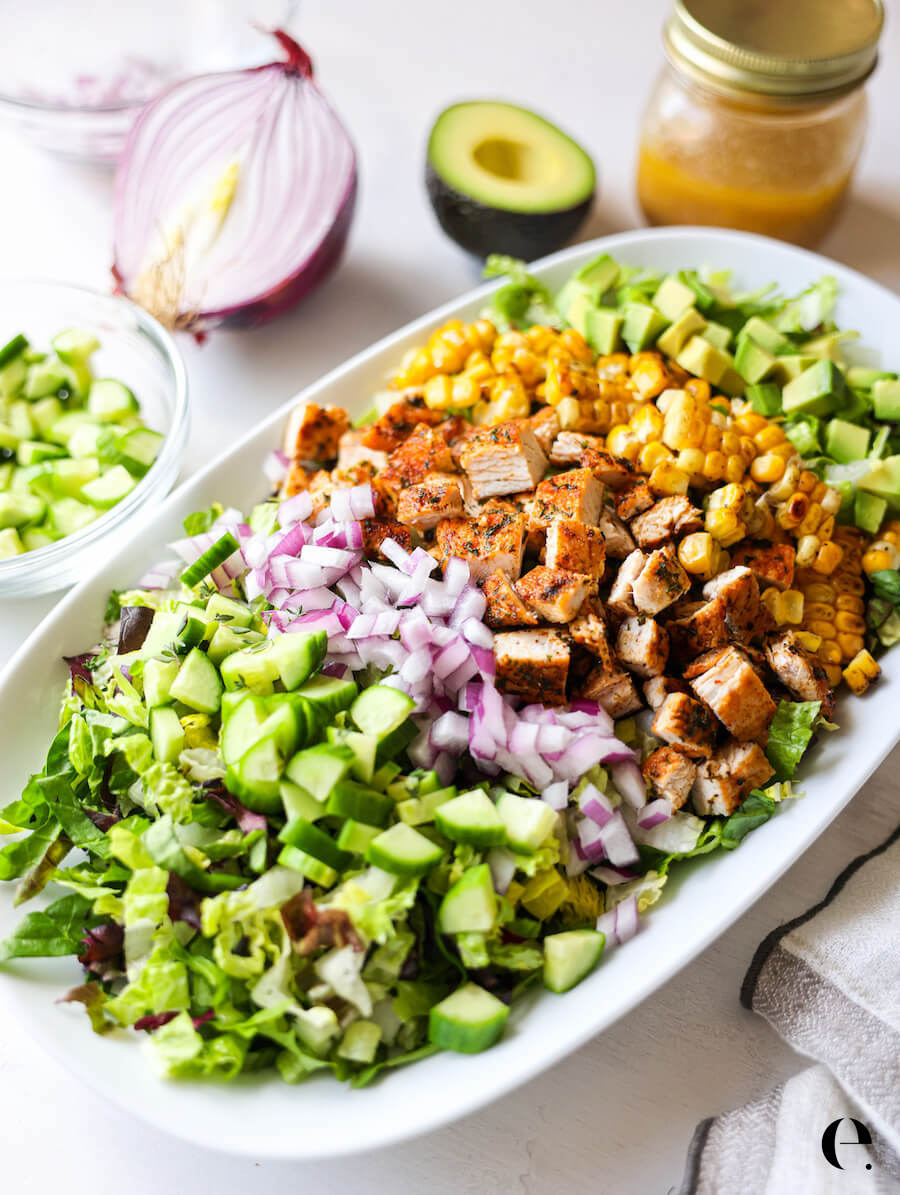

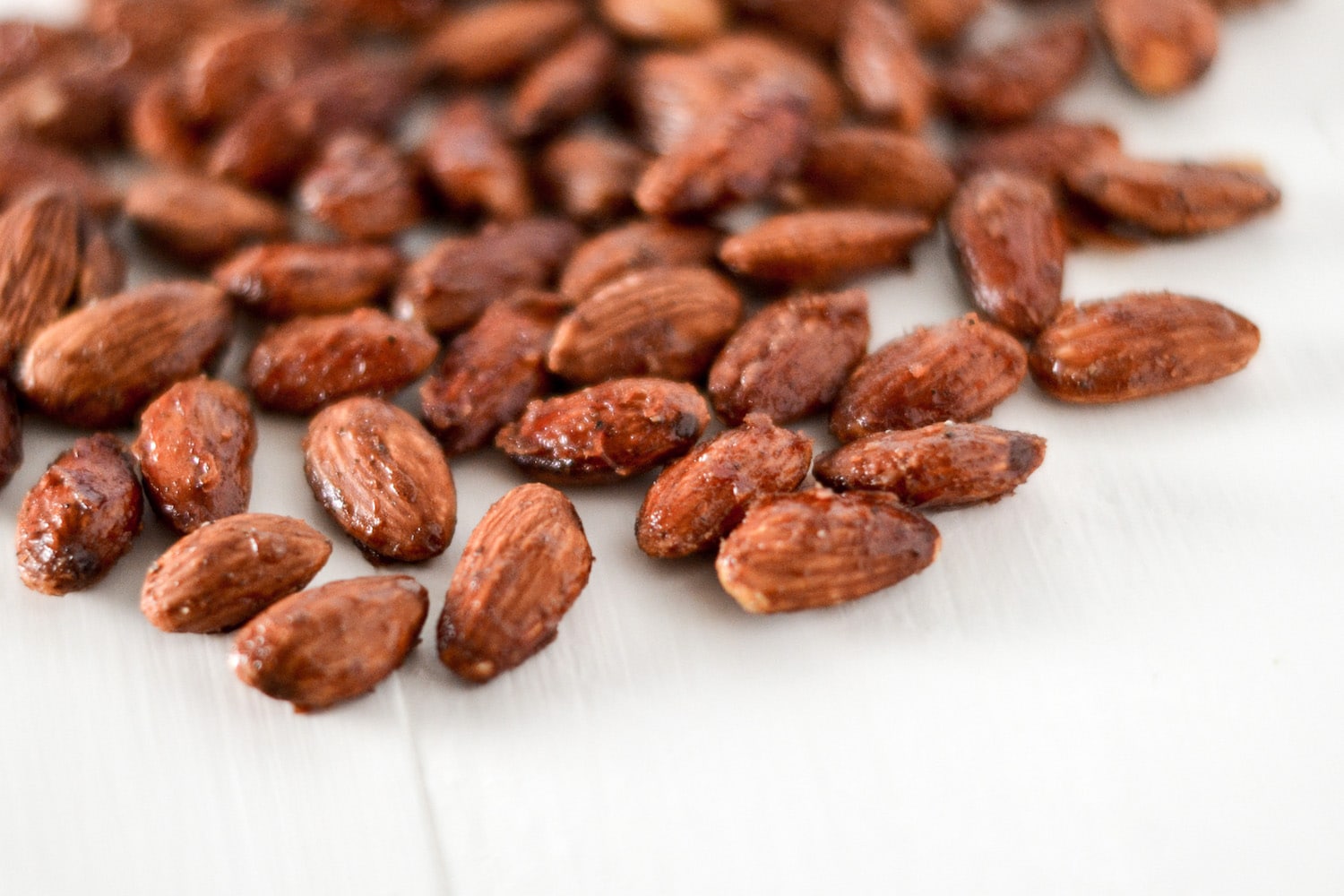
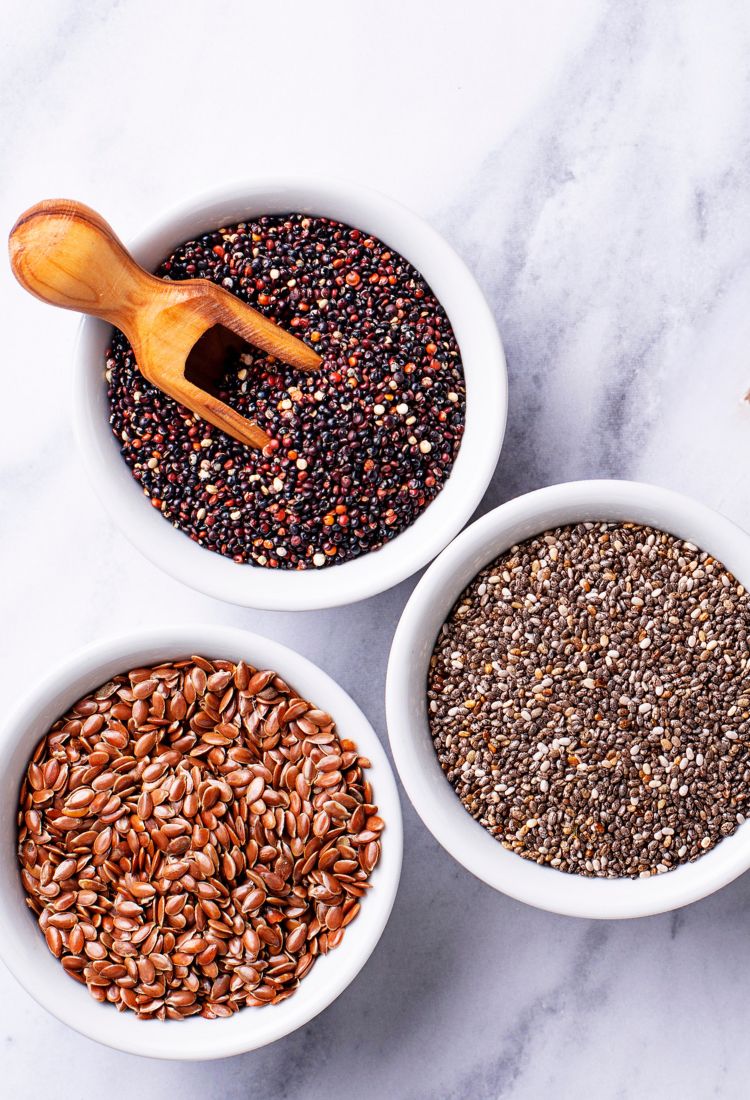
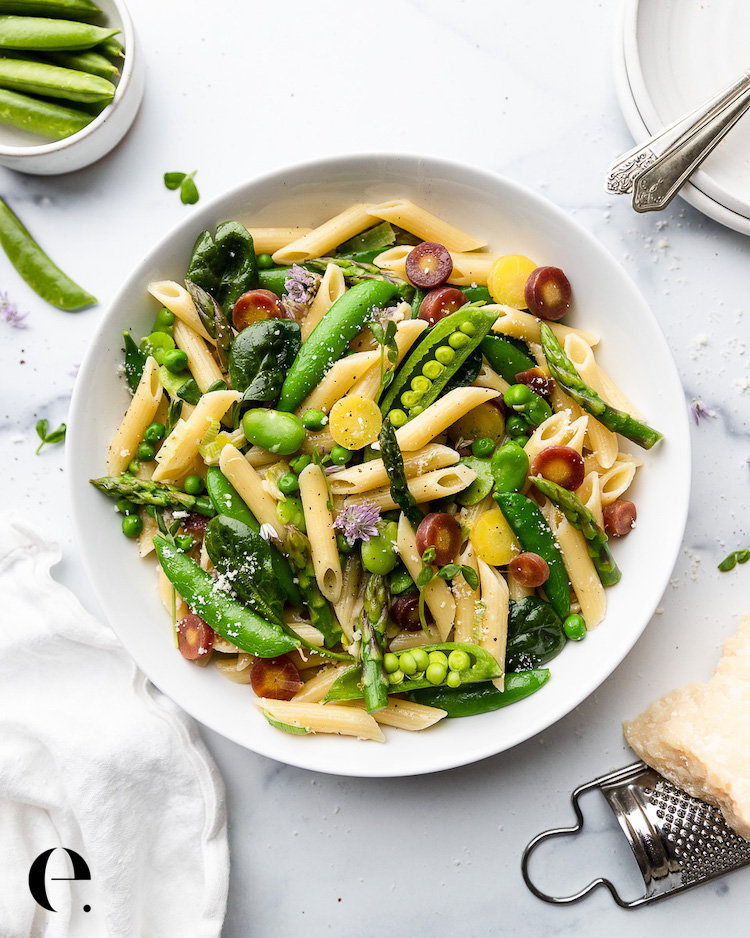

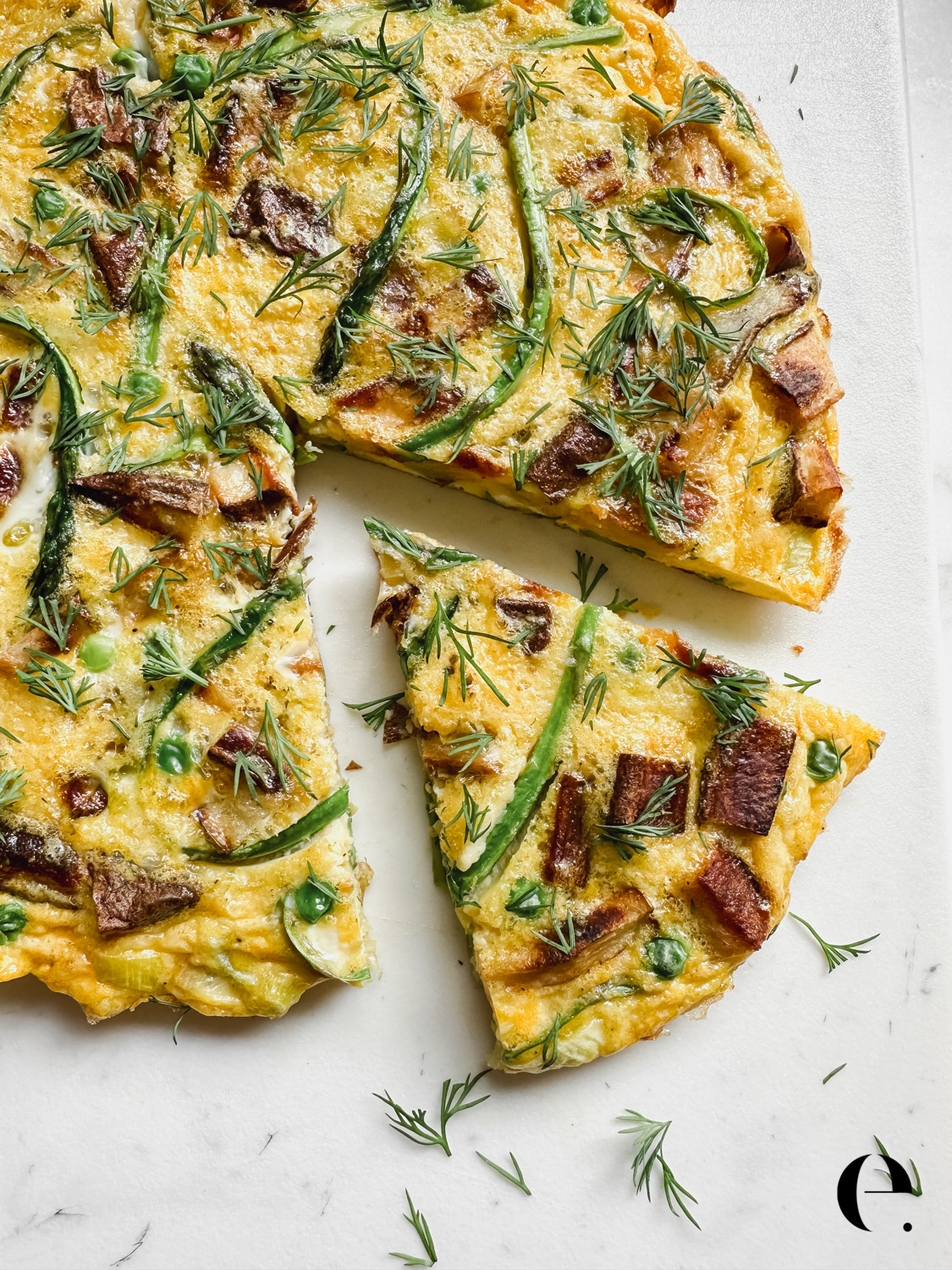
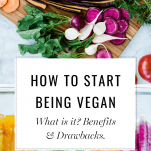
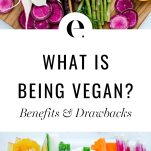
Leave A Review + Read The Comments →